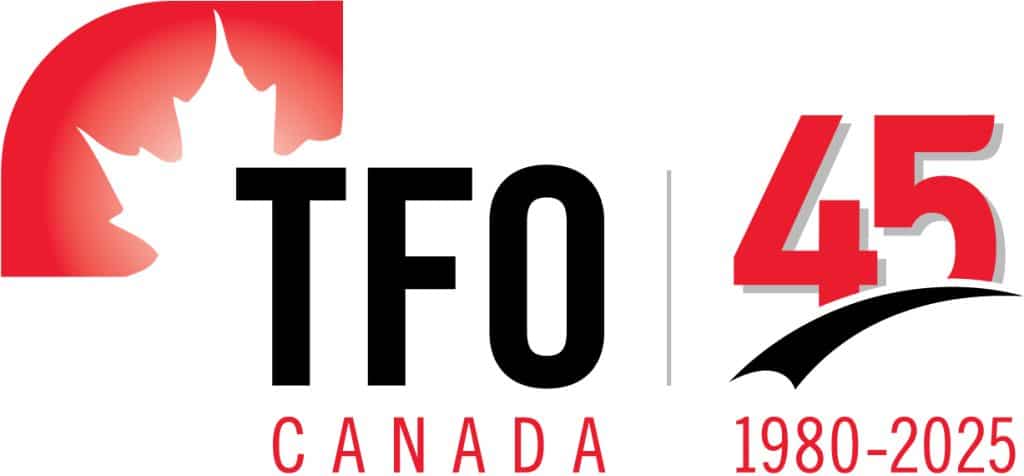A look at how Canadians’ coffee habits are evolving
“Canadians’ coffee habits are changing, in part due to ongoing economic uncertainty but also as a result of significant shifts happening in population demographics, heard attendees at the Coffee Association of Canada’s annual conference in November.
In sharing insights around in-home coffee consumption, conference speakers talked of the predominance of the cost-conscious consumer who continues to cut back on discretionary spending and is willing to shop around for the best deals. “Nearly half of sales in coffee are on promo items,” said Nick Gibson, SMB team, NielsenIQ Canada, noting that private-label coffee is also on the rise. “The shift to essential discounts and in-home is very pronounced.”
Since research also shows not all consumers are feeling current economic challenges in the same way (there has been a substantial increase in expensive coffee-maker purchases post-pandemic, for example), coffee is “still a resilient story,” said Cheryl Hung, vice-president, research at Dig Insights. “There is an emotive side to coffee drinking that we can tap into … it’s about allowing them to feel more positive about the times they are drinking coffee and giving them a break from the uncertainty.”
Citing figures from Dig Insight’s latest study on coffee trends, Hung noted almost half of consumers (46%) said making coffee at home fits well with their morning routine and 41% said they enjoyed making it. And 19% said making coffee at home was a chance “to relax and get ‘me time.’”
As brewed coffee consumers age out of the market, it’s also the younger cohort that is bolstering coffee trends, especially when it comes to specialty brews. With millennials expected to be the predominant population cohort by 2029, several of the conference speakers noted a critical need for foodservice providers (including grocers) to understand how this group’s beverage preferences differ from their boomer parents.
While household sizes are shrinking, coffee consumption is up 5% in one- to two-person households this year compared to 2020 – and among millennials that number jumps to 33%, noted Kathy Perrotta, vice-president market strategy and understanding at Ipsos Canada.
Perrotta also noted that 32% of millennials come from multicultural backgrounds where specialty coffees dominate and it can take more than four years before they gravitate to Canada’s more traditional brewed variety. “For second-generation multicultural Canadians, in-home and away-from-home consumption is led by specialty, espresso-based coffee,” she said. “And when we think about multicultural [consumers], it’s not a single cohort, so needs have to be assessed by their unique origins.”
Hung from Dig Insights also noted that some people are coming from ethnic cultures where tea is predominant, but they’re still willing to try coffee as they integrate into Canadian society. “It’s powerful to get to know them,” she advised.
In looking at out-of-home coffee consumption, panellists spoke to consumers’ desire for experiences, and the growing shift from traditional to specialty and iced coffees. Rick Brown, president, foodservice, fashion and beauty at Circana noted that iced espresso coffee was the fastest-growing segment in the category. “It’s not just a summertime thing but year-round,” he said.
Along with the strong growth in cold coffee beverages outside of the home, Hung said it’s here that retailers really need to keep innovating. “From the in-home perspective there is space for traditional coffee, but out of home is where consumers are looking for the next new thing, particularly the gen Zs.”
With cold beverages, there is “a much greater canvas” to do highly personalized drinks that appeal to gen Zs, said Thomas Wong, co-founder and president of teahouse franchise Chatime, whose core shoppers are gen Zs. “I’ve seen a lot of traditional ingredients that you might not associate with being in a beverage are now going into beverages (i.e. avocado coffee in Asia)… that’s a harbinger of what’s coming to the coffee industry.”
In talking about better connecting with coffee customers, a panel with representatives from Tim Hortons, Nestlé Canada and Longo’s, spoke to the increased need for customization. “Our app and loyalty program is allowing for more one-on-one connection … it’s that ability through technology to get closer with each guest as individuals,” said Hope Bagozzi, chief marketing officer at Tim Hortons.
Longo’s chief experience officer Alex Green spoke to a variety of coffee experiences in-store to tailor to all guests, including Starbucks kiosks for specialty drinks, traditional coffee retail products and in-house coffee roasting. “We’re spending a lot of time on store design so when [customers] get to the coffee section they’re drawn into the product and the stories on the shelves … we’re also pivoting towards team members creating great experiences for customers.” “
*This article is excerpted from Canadiangrocer.com website published 9th January 2024
